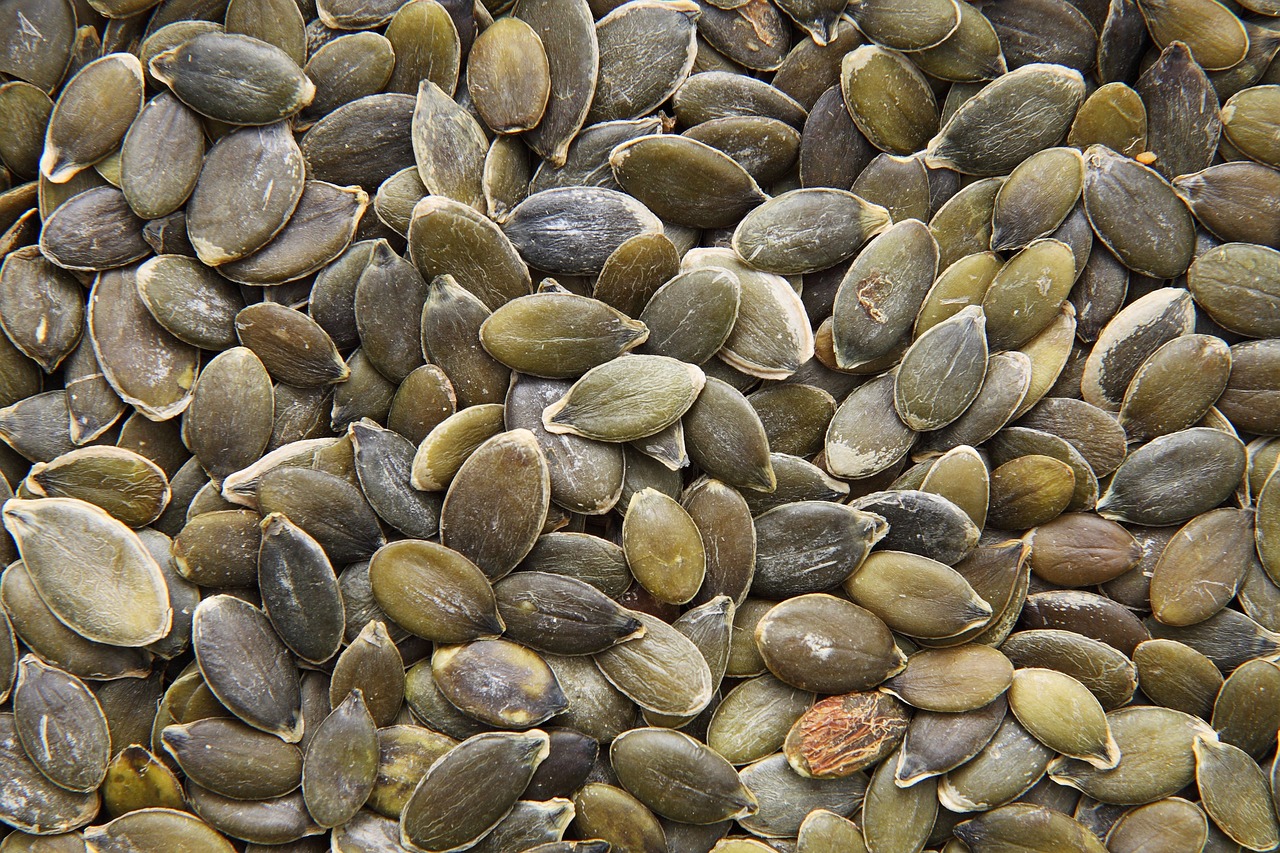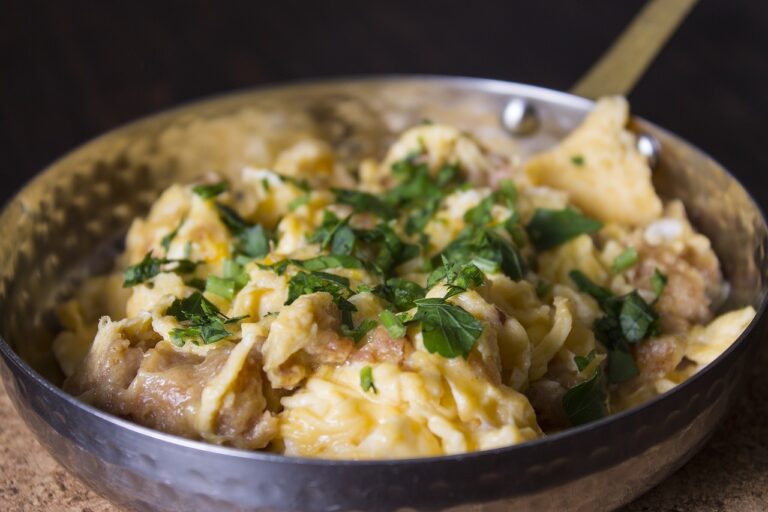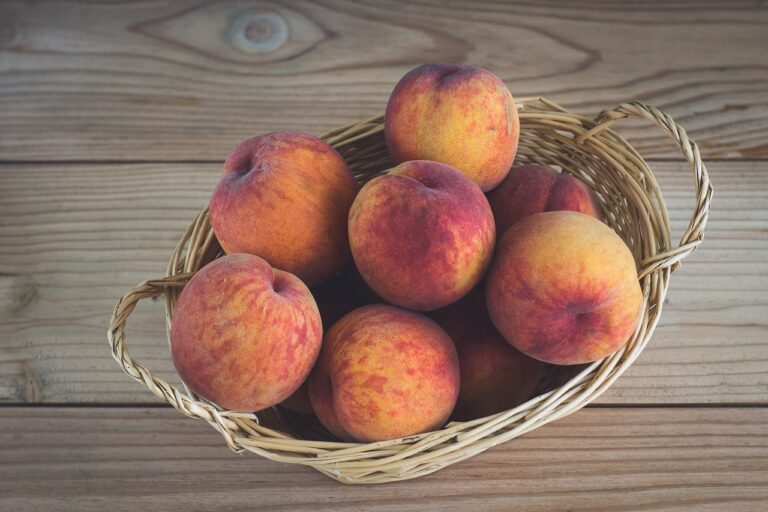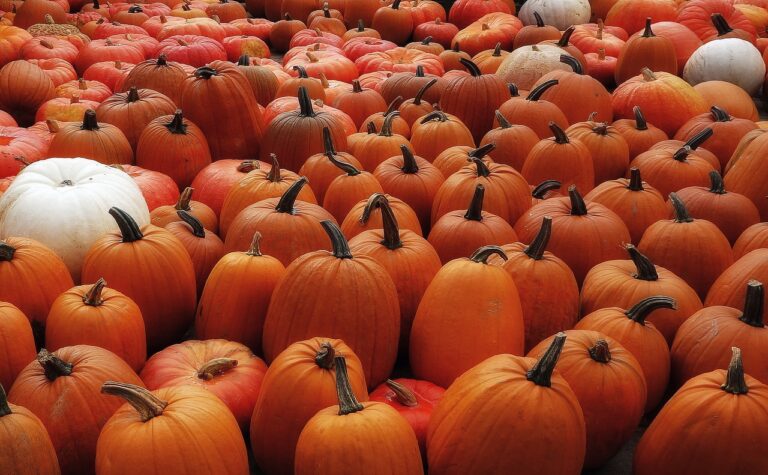The Influence of Meat Consumption on Intangible Cultural Heritage: Laser book login, Silverexchange.com login, 11xplay online
laser book login, silverexchange.com login, 11xplay online: The Influence of Meat Consumption on Intangible Cultural Heritage
Meat consumption has always played a significant role in various cultures around the world. It is not just about sustenance but also about tradition, celebration, and identity. The way meat is prepared, cooked, and served varies from one culture to another, reflecting the unique customs and heritage of each society.
In this article, we will explore the influence of meat consumption on intangible cultural heritage. From traditional recipes passed down through generations to the rituals and ceremonies associated with meat-eating, we will delve into how this practice shapes our cultural identity and values.
Understanding the role of meat in different cultures can provide valuable insights into the importance of preserving these traditions for future generations. Let’s take a closer look at how meat consumption impacts intangible cultural heritage.
The Significance of Meat in Cultural Practices
Meat has always held a special place in the diets of many cultures. In some societies, certain types of meat are considered delicacies or are reserved for special occasions such as weddings, festivals, or religious ceremonies. The way meat is prepared and cooked can be a reflection of a culture’s values, beliefs, and customs.
For example, in many Asian cultures, the use of specific cuts of meat, herbs, and spices in traditional dishes is a way to connect with the past and honor ancestors. Similarly, in Western cultures, the act of barbecuing meat is not just about cooking food but also about socializing, bonding, and creating memories with friends and family.
Meat consumption can also be tied to cultural identity and belonging. For indigenous communities, hunting and eating wild game is a way to maintain a connection to their ancestral lands and traditions. The types of animals consumed and the way they are hunted and prepared can hold deep spiritual and symbolic meanings for these communities.
Preserving Traditional Meat Recipes
One of the ways in which meat consumption contributes to intangible cultural heritage is through traditional recipes that have been handed down through generations. These recipes often reflect a society’s history, geography, and resources, as well as its values and beliefs.
For example, certain cuts of meat or cooking methods may be unique to a particular region or community, passed down orally from one generation to the next. By preserving these traditional recipes, we not only safeguard our culinary heritage but also keep alive the stories, memories, and identities of those who came before us.
In recent years, there has been a growing interest in reviving traditional meat recipes and techniques. Chefs, food scholars, and enthusiasts around the world are rediscovering old cookbooks, foraging for wild ingredients, and learning from elders to ensure that these culinary traditions are not lost to time.
Rituals and Ceremonies
Meat consumption is often intertwined with rituals and ceremonies that have been part of a culture for centuries. Whether it’s a sacrifice offered to the gods, a feast to celebrate a harvest, or a meal shared with loved ones during a holiday, the act of eating meat in a ceremonial context can create a sense of unity, connection, and purpose.
In many cultures, the sharing of a meal is a way to foster relationships, strengthen social bonds, and express hospitality and generosity. The way meat is prepared and served during these rituals can be a symbol of respect, gratitude, and community spirit.
For example, in traditional Maasai culture in East Africa, the slaughter of a cow is a central part of important ceremonies such as weddings, funerals, and rites of passage. The distribution of the meat to family members, neighbors, and guests is a way to honor the occasion and bring people together in a spirit of unity and solidarity.
The Impact of Modernization
While traditional meat consumption practices play a vital role in preserving intangible cultural heritage, they are also vulnerable to the forces of modernization, globalization, and industrialization. As societies become more urbanized and interconnected, traditional recipes, rituals, and ceremonies associated with meat consumption may face challenges in adapting to changing lifestyles and dietary preferences.
The rise of fast food, processed meats, and factory farming has led to a loss of connection with the sources of our food and the traditional methods of preparing and consuming meat. Many traditional recipes have been simplified, modified, or forgotten altogether as people opt for convenience and affordability over authenticity and tradition.
In addition, the environmental and ethical implications of meat consumption have raised concerns about sustainability, animal welfare, and health. With the growing awareness of the impact of industrial farming on the planet and our bodies, there is a renewed interest in exploring alternative sources of protein and finding more ethical and sustainable ways to raise and consume meat.
Frequently Asked Questions
Q: How can we preserve traditional meat recipes and practices for future generations?
A: One way to preserve traditional meat recipes and practices is to document them through cookbooks, videos, and oral histories. By sharing these recipes with younger generations and teaching them the skills and techniques needed to cook traditional dishes, we can ensure that these culinary traditions continue to be passed down.
Q: What role does meat consumption play in cultural identity?
A: Meat consumption can be a significant part of cultural identity, reflecting a society’s history, values, and customs. The types of meat consumed, the way it is prepared, and the rituals and ceremonies associated with it can all contribute to a community’s sense of belonging and connection to its heritage.
Q: How can we balance the preservation of traditional meat practices with the need for sustainability and ethical considerations?
A: One way to balance the preservation of traditional meat practices with sustainability and ethics is to support local farmers, ranchers, and traditional food producers who adhere to sustainable and ethical practices. By choosing to source meat from responsible and environmentally conscious sources, we can support both cultural preservation and the well-being of the planet.
Q: What can individuals do to support traditional meat consumption practices and heritage?
A: Individuals can support traditional meat consumption practices and heritage by seeking out local markets, butcher shops, and restaurants that prioritize traditional recipes and methods. By patronizing these establishments, sharing traditional recipes with friends and family, and participating in cultural events and festivals that celebrate meat eating, we can help preserve these important aspects of our cultural heritage.
In conclusion, meat consumption has a profound influence on intangible cultural heritage, shaping our traditions, customs, and identities in ways that go beyond mere sustenance. By celebrating and preserving the recipes, rituals, and ceremonies associated with meat eating, we can ensure that these cultural practices continue to enrich our lives and connect us to our past for generations to come.







